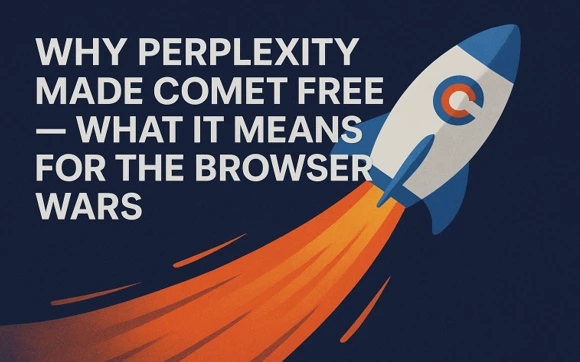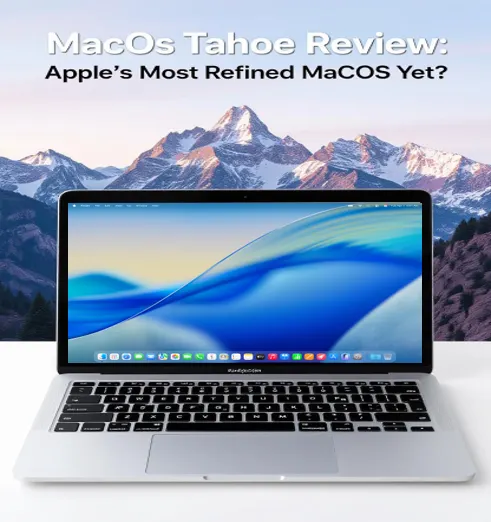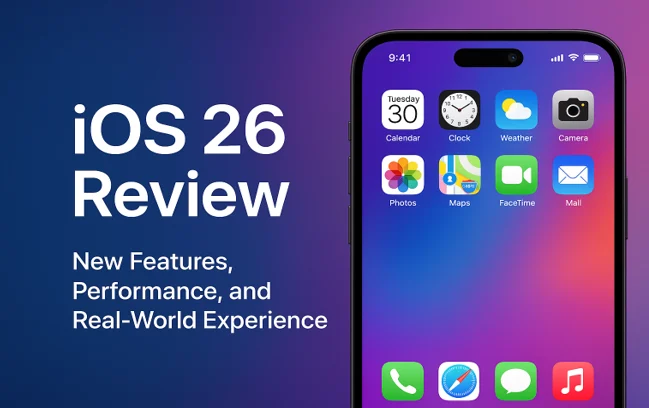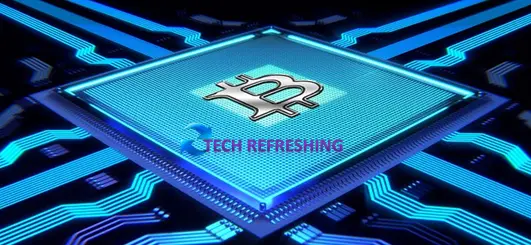
Avanza Group Selected to Develop National KYC System
The Pakistan Banks’ Association (PBA) has signed a contract with Avanza Group to develop a blockchain-based know-your-customer (KYC) platform that will operate on a national level. The move is part of the State Bank of Pakistan’s ongoing efforts to strengthen the country’s anti-money laundering and counter-terrorist financing control infrastructure.
Avanza Group, which specializes in advanced banking applications, customer experience management solutions, blockchain, and artificial intelligence, will develop the electronic KYC system for the PBA. The platform, called Consonance, will use blockchain technology to enable banks to exchange personal details via a decentralized and self-regulated network, with customers’ consent.
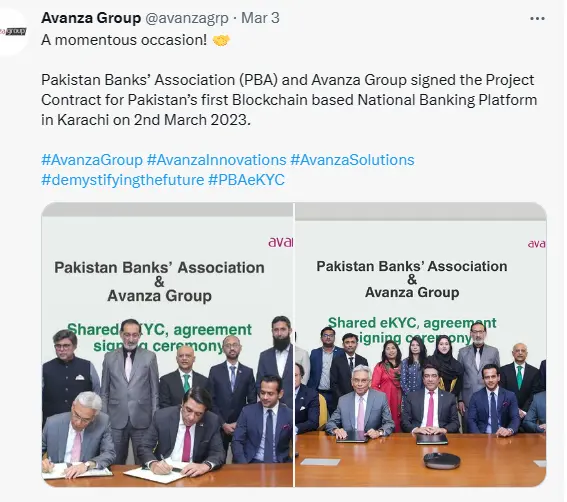
Efficient and Inclusive KYC Checks
The PBA said that the deployment of the Consonance platform will bring about efficiencies at participating banks, resulting in an improvement in customer experience and facilitating financial inclusion. Banks will be able to assess existing and new customers using data from KYC checks performed by other participating institutions, minimizing onboarding costs and improving the customer experience.
The implementation of Consonance is set to standardize the KYC process, which will enable banks to exchange personal information effortlessly. By utilizing blockchain technology, this platform assures customers that their data is being handled securely and with their consent. Furthermore, this platform will assist banks in meeting the regulatory standards set by the State Bank of Pakistan, thus reducing the risk of money laundering and terrorism financing.
State Bank of Pakistan’s Views on Blockchain
This adoption illustrates how blockchain technology can provide solutions to various issues, despite the Governor of the State Bank of Pakistan expressing limited belief in the value of cryptocurrency. Nonetheless, the same Governor recognized blockchain’s potential in addressing different challenges. The integration of a blockchain-based KYC platform is a prime example of how this technology can improve banking processes and optimize efficiency.
In conclusion, the banks of Pakistan are taking a wise step that will strengthen the financial system of the nation by implementing a blockchain-based KYC platform at the national level. The improvement of the consumer experience will come from this measure, as well as a contribution to the lessening of global concerns like the financing of terrorism and money laundering.
What is Blockchain?
Blockchain is a decentralized digital ledger that is used to record transactions securely and transparently. It consists of a series of interconnected blocks, each containing a record of a set of transactions. Once a block is added to the chain, it cannot be altered or deleted without also changing all subsequent blocks, making the entire chain tamper-proof. This technology enables secure and transparent transactions without the need for a central authority, making it an attractive option for various applications, including cryptocurrency, supply chain management, and voting systems.
Disclaimer
The information presented in this Blogpost is solely for educational and informative purposes and should not be misconstrued as investment, financial or legal advice. Cryptocurrencies are a highly unstable and speculative market and their worth is susceptible to substantial fluctuations. Therefore, it is advisable to conduct personal research and seek counsel from qualified experts before making any financial decisions.

